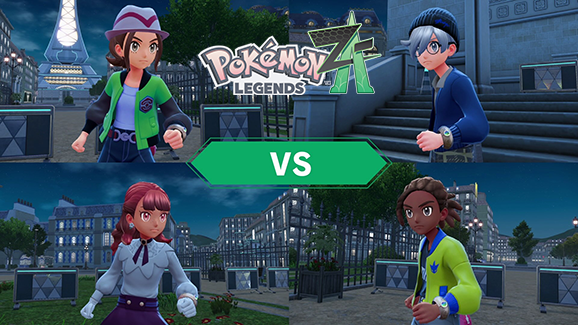Looking to participate in Pokémon Legends: Z-A Ranked Battles? This guide will tell you how to join, what the rules are, and more.
In Pokémon Legends: Z-A Ranked Battles, four Trainers and their…

Looking to participate in Pokémon Legends: Z-A Ranked Battles? This guide will tell you how to join, what the rules are, and more.
In Pokémon Legends: Z-A Ranked Battles, four Trainers and their…